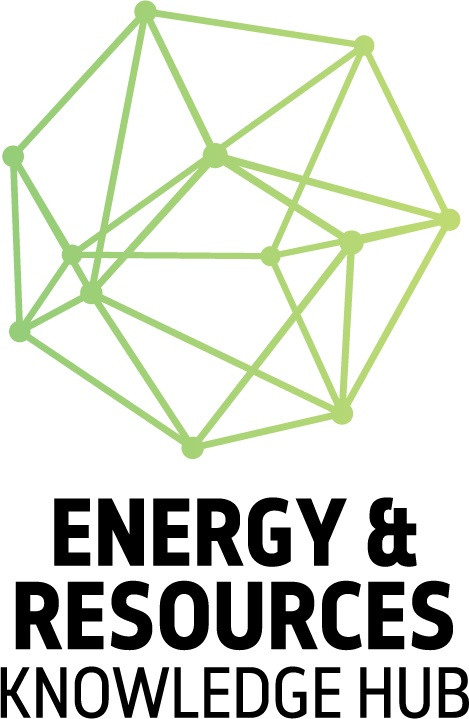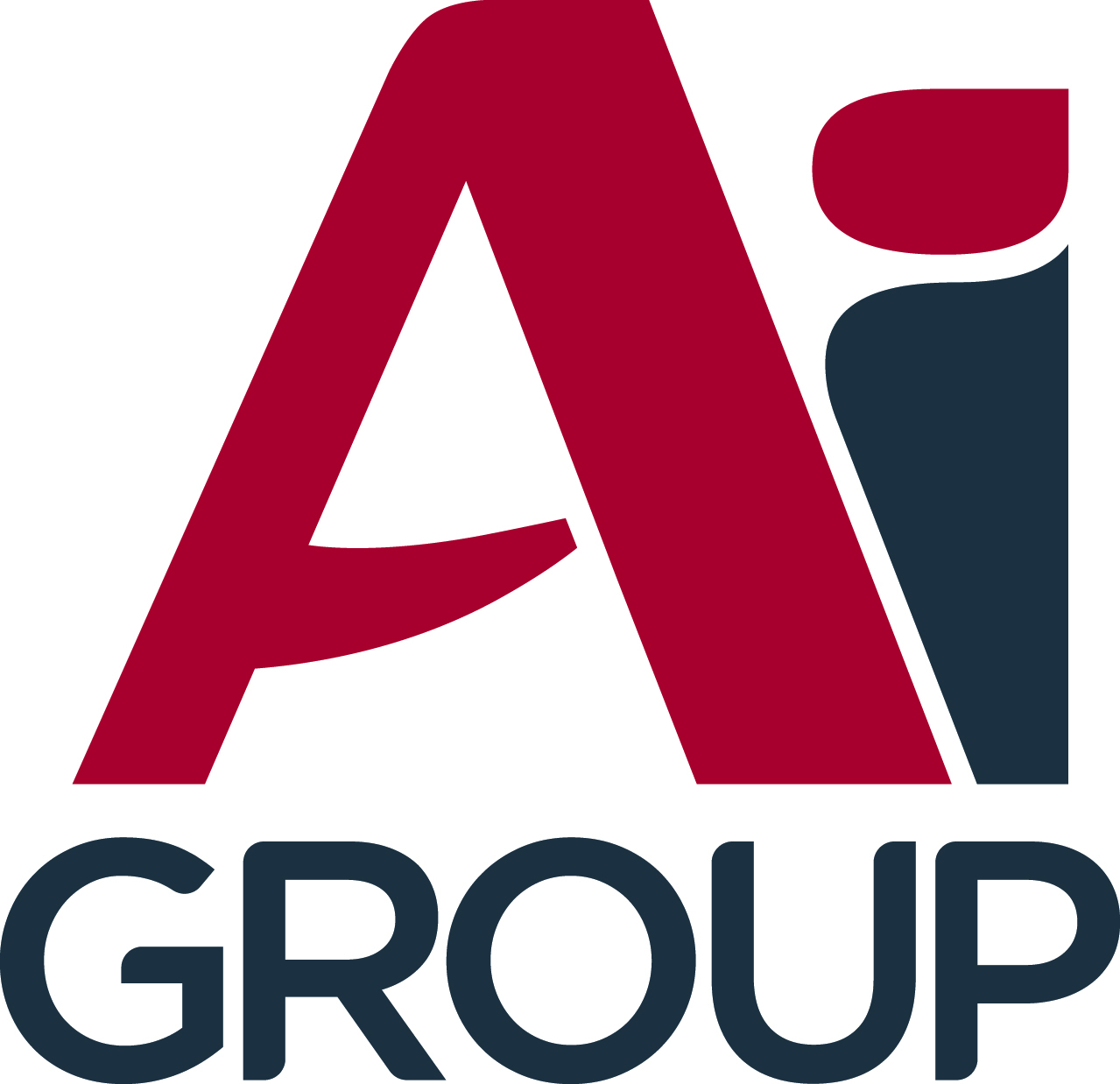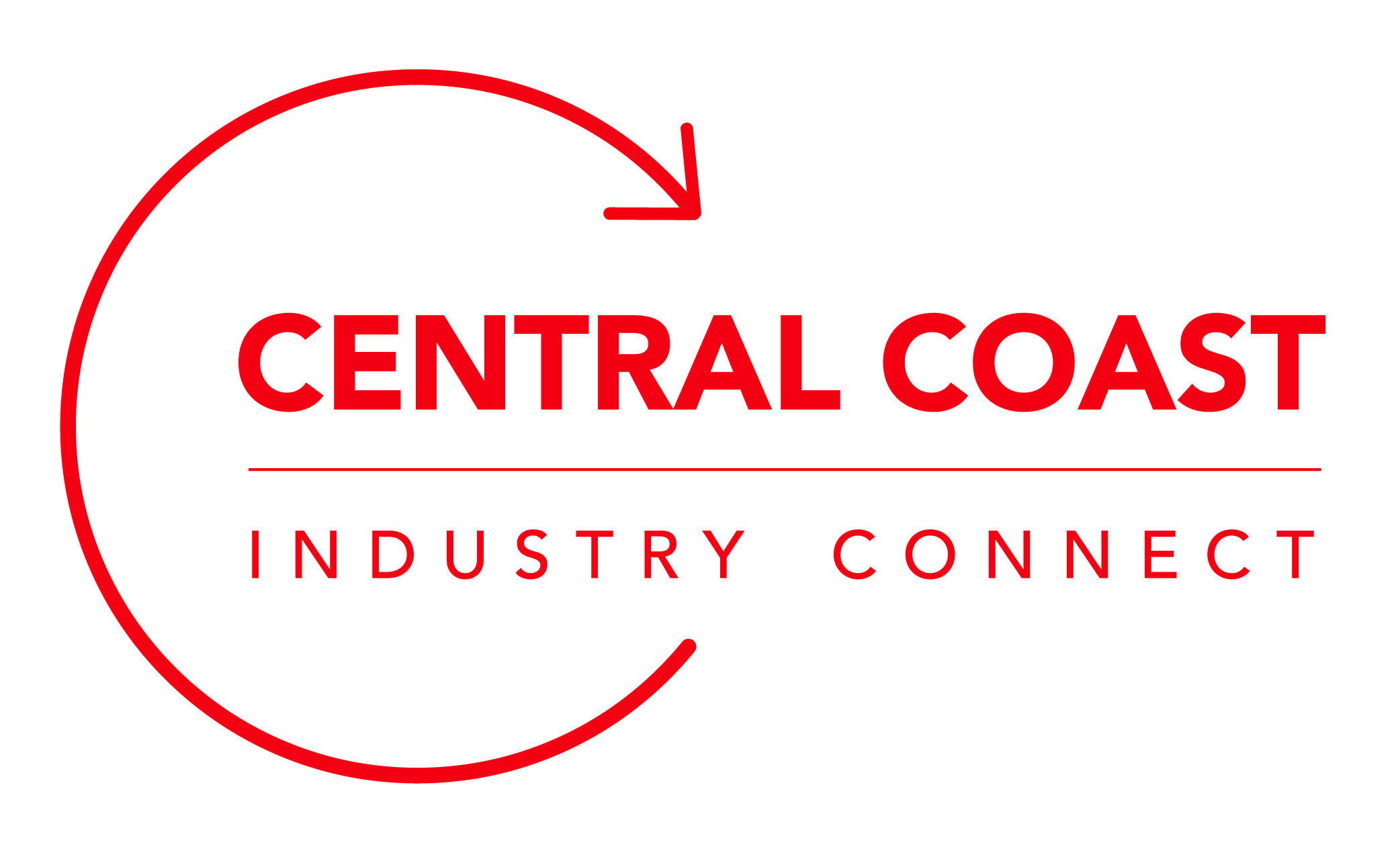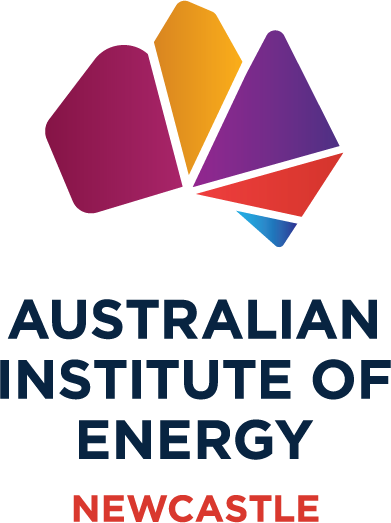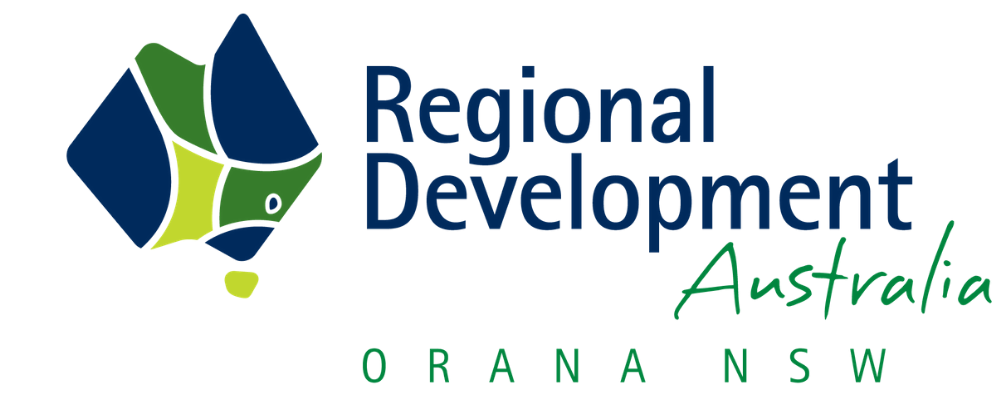Hunter's renewable hydrogen hub gets $70 million green light
Origin Energy in collaboration with Orica is progressing the development of the Hunter Valley Hydrogen Hub which will produce renewable hydrogen, with a $70 million commitment from the Federal Government.

Signed agreement has been reached to invest $70 million to develop a hydrogen hub in Newcastle, the first major agreement struck in Australia that delivers a government investment commitment to a regional hydrogen hub.
Funding will build the infrastructure needed to produce up to 5500 tonnes of renewable hydrogen each year. Most of the hydrogen will be used by the Orica ammonia and ammonium nitrate facility to help make their products emission-free. Hydrogen will also be made available for refuelling hydrogen buses and trucks at the hub.
Renewable hydrogen will be produced using a 55 MW electrolyser, which is over 5 times larger than the biggest electrolyser currently at final investment decision.
The project also aims to establish a pathway to export renewable hydrogen and provide more job opportunities in the region by expanding workforce skills and creating a new industry around renewable hydrogen.
Minister for Climate Change and Energy Chris Bowen said renewable hydrogen was an essential part of Australia’s renewable energy transformation.
“Newcastle and the Hunter Region have been industrial and economic powerhouses for decades, making the Port of Newcastle an ideal location for a renewable hydrogen hub that can support decarbonisation of heavy industry in the region and connect our renewable resources to the world", said Bowen.
“This project is the next step towards using locally produced renewable hydrogen in Australia to reduce our industrial emissions and develop a renewable export future.”
Federal member Sharon Claydon said this major investment will help establish Newcastle and the Hunter as a renewable energy hub.
“The regions that have always powered Australia are the same regions that will power us throughout the transformation to a decarbonised economy – but only with the right investment.
Construction of the facility is targeted to begin in 2025 with operations expected to commence in 2026.
Hydrogen hubs help give the hydrogen industry its springboard to scale. They are locations where co-located producers, users and exporters of hydrogen share infrastructure and expertise, lowering the cost of production, encouraging innovation, enhancing skills and training, and creating jobs.
The Federal Government’s reformed Safeguard Mechanism puts industries like ammonia and chemical production on track to net zero emissions by 2050 and will continue to incentivise deployment of technologies like hydrogen and increased use of renewable energy.
The $2 billion Hydrogen Headstart program announced in the 2023-24 Budget, and over half a billion dollars investment in regional hydrogen hubs will drive further investments in hydrogen across other regions including Gladstone and the Pilbara.





